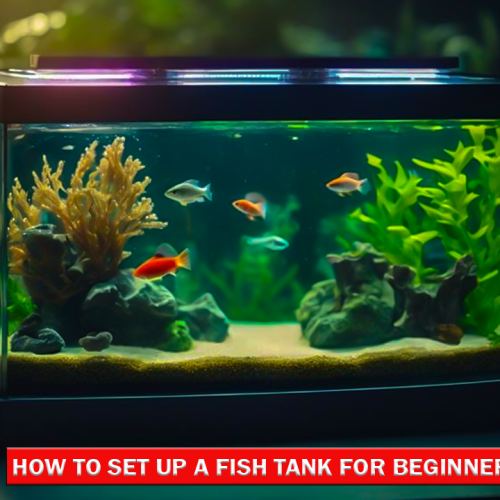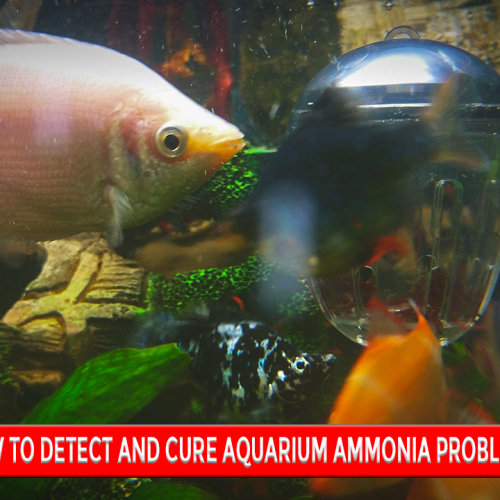The Betta, or Siamese fighting fish, are among the most popular aquarium fish due to their brilliant colors and long flowing fins. While it is more common for them to be kept alone because of their aggressive nature, it is possible to keep them with compatible tankmates if the right circumstances are met. Put simply, a peaceful tank mate that will not provoke or stress your Betta is essential. Here are ten peaceful tankmates that are safe to be kept with your Betta fish.
1. Mystery Snails
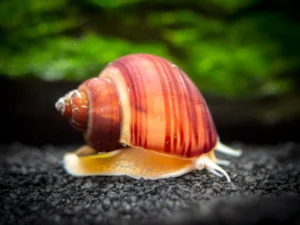 Mystery snails are a great addition to a Betta tank. These harmless creatures spend most of their time cleaning up the tank by consuming algae and uneaten food. Because they are slow-moving, with armored shells, they hardly disturb or get disturbed by a Betta fish.
Mystery snails are a great addition to a Betta tank. These harmless creatures spend most of their time cleaning up the tank by consuming algae and uneaten food. Because they are slow-moving, with armored shells, they hardly disturb or get disturbed by a Betta fish.
Care Tip: Provide multiple hiding places and have a lid on the tank that does not open freely, mystery snails can be escape artists.
2. Corydoras Catfish
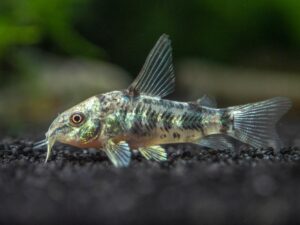 Corydoras catfish, or “Corys,” are small, bottom-dwelling fish that mind their own business and get out of the Betta’s space. Non-aggressive and peaceful they make great companions for a Betta.
Corydoras catfish, or “Corys,” are small, bottom-dwelling fish that mind their own business and get out of the Betta’s space. Non-aggressive and peaceful they make great companions for a Betta.
Care Tip: Maintain Corydoras in small groups (3-6) for social comfort, and provide very soft substrate to protect those sensitive barbels.
3. African Dwarf Frogs
Yet another suitable companion is the African dwarf frog. These are small, aquatic frogs that love to swim near the bottom of a tank. Since they do not occupy the same space, they don’t normally threaten Bettas.
Care Tip: Feed these sinking food types, like bloodworms or brine shrimp, so that they are perfectly well-fed.
4. Kuhli Loaches
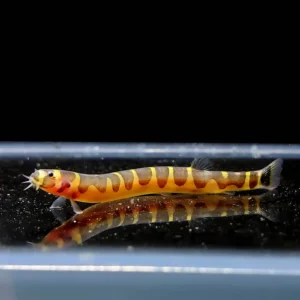 Kuhli loaches are elongated, snake-like fish that primarily dwell at the bottom of the tank. These very shy fish that enjoy hiding make a perfect candidate for a Betta tank. They even keep the tank clean because they scavenge for leftover food.
Kuhli loaches are elongated, snake-like fish that primarily dwell at the bottom of the tank. These very shy fish that enjoy hiding make a perfect candidate for a Betta tank. They even keep the tank clean because they scavenge for leftover food.
Care Tip: Provide plenty of hiding places with caves or dense plants and keep a group of 3-5 for a more natural environment.
5. Ghost Shrimp
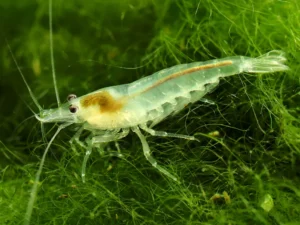 Ghost shrimp are extremely small and almost not visible; so, they will not disturb the Betta much. They will clean the tank as well by consuming algae and whatever is left remaining from foods, and their peaceful nature is an assurance that they will not make any troubles to the Betta.
Ghost shrimp are extremely small and almost not visible; so, they will not disturb the Betta much. They will clean the tank as well by consuming algae and whatever is left remaining from foods, and their peaceful nature is an assurance that they will not make any troubles to the Betta.
Care Tip: Provide with sufficient plantings in the tank, because sometimes Bettas will nip at the shrimp. Shrimp will be safe while hiding in the plants.
6. Neon Tetras
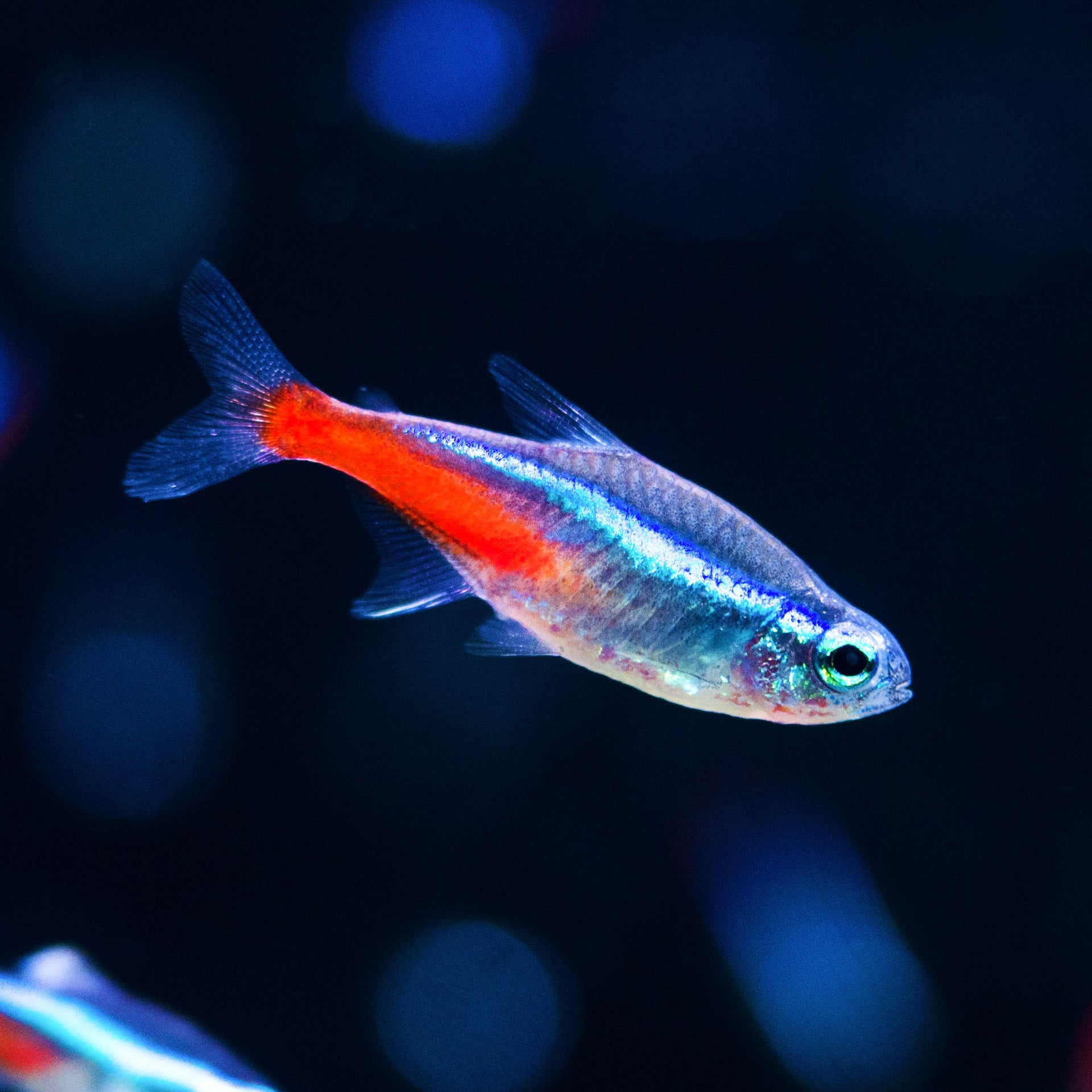 Neon tetras are schooling fish that are available in small size with lively colors. Although they are peaceful, they should be kept in a number of at least 6-10 individuals to minimize as much stress as possible. Such an arrangement will not provoke the Betta and may add bright coloration to a sterile or bland tank combination.
Neon tetras are schooling fish that are available in small size with lively colors. Although they are peaceful, they should be kept in a number of at least 6-10 individuals to minimize as much stress as possible. Such an arrangement will not provoke the Betta and may add bright coloration to a sterile or bland tank combination.
Care Tip: Your tank should have a minimum capacity of 10 gallons because the tetras are active swimmers and need more room.
7. Harlequin Rasboras
 Harlequin rasboras are harmless, miniature fish – small enough that they will not bother your Betta cohabitants in the same tank. They’re also quite laid-back, occupying the middle and upper third of the tank for most of the time, so they won’t compete with your favorite Betta for attention.
Harlequin rasboras are harmless, miniature fish – small enough that they will not bother your Betta cohabitants in the same tank. They’re also quite laid-back, occupying the middle and upper third of the tank for most of the time, so they won’t compete with your favorite Betta for attention.
Care Tip: Maintain at least 6 of them together to encourage natural schooling behavior, which should also help reduce stress.
8. Ember Tetras
 Ember tetras are another good choice for Betta tanks. These small fish that the color is a deep orange-red, peaceful and most of their day spent schooling are in any case not aggressive to the Betta and the bright coloring does not overwhelm it.
Ember tetras are another good choice for Betta tanks. These small fish that the color is a deep orange-red, peaceful and most of their day spent schooling are in any case not aggressive to the Betta and the bright coloring does not overwhelm it.
Care Tip: Just like any schooling fish, keep 6-10 for the enjoyment and security of the group.
9. Otocinclus Catfish
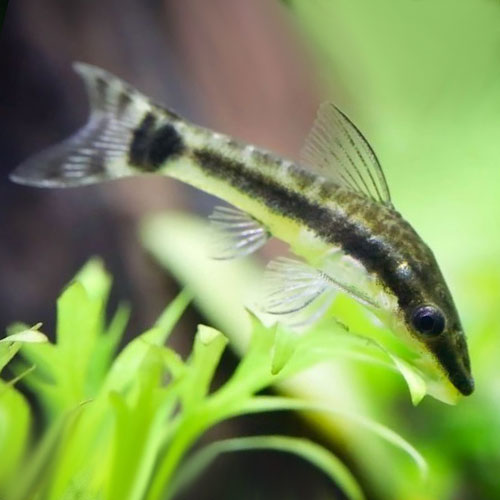 Otocinclus catfish, or “Otos,” are very small algae-eating fish that are great for cleaning the tank. They have a mild temperament, and they usually stay on the bottom of the tank or stick to the walls, reducing the likelihood of getting into a confrontation with Bettas.
Otocinclus catfish, or “Otos,” are very small algae-eating fish that are great for cleaning the tank. They have a mild temperament, and they usually stay on the bottom of the tank or stick to the walls, reducing the likelihood of getting into a confrontation with Bettas.
Care Tip: Otos like to be kept in a group and do best in an established tank with some algae development for food.
10. Marimo Moss Balls
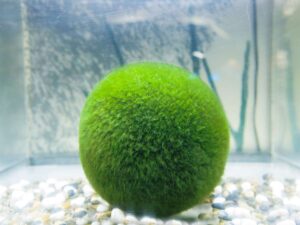 In a direct effort not to enumerate any fish or invertebrate, Marimo moss balls are a mentionable option. It can be a very great tank mate to Betta fish as it naturally purifies the water by absorbing nitrates and entertaining that curious Betta.
In a direct effort not to enumerate any fish or invertebrate, Marimo moss balls are a mentionable option. It can be a very great tank mate to Betta fish as it naturally purifies the water by absorbing nitrates and entertaining that curious Betta.
Care Tip: Rinse the moss balls every few weeks and rotate them within your tank for an even growth.
Tips for Keeping Your Betta's Tank Mates Successfully
Tank size: The bigger the tank, the better it is suited for keeping tank-mates with the Betta. This will allow everyone to have a greater area and help minimize territorial aggression.
Availability of places for hiding: Plants, caves, decorations will provide the Betta and its tankmates with plenty of places to retreat to, which can mean a decrease in overall stress.
Watch for Aggression: Bettas come in all flavors. Pay attention to your Betta’s disposition when introducing new tankmates and be prepared to separate them if signs of aggression arise.
Tank Temperature: Maintain a consistent water temperature in the 76-82°F (24-28°C) range to keep your Betta happy, healthy, and well-socialized and your tankmates.
Conclusion
You can keep betta fish with tankmates, if you choose compatible species and create a peaceful environment in the tank. Whether you add snails, shrimp, or schooling fish, each of your tank companions will bring something extra special to your aquarium. Are you ready to add some life to your betta’s life? Choose some suitable tankmates, set up a well-planned tank, and enjoy the beauty of a thriving aquatic community.
FAQs (frequently-asked questions)
Generally, females are less aggressive than males and can be suitable for a peaceful environment if you have proper tank mates when maintained in the right conditions.
It depends on the tank size of the species of tank mates. For example, a betta could be kept with three or five small companions in a 10-gallon tank.
Some species such as tiger barbs are known fin-nippers and will nip at your betta’s fins. Others like brightly colored species will provoke your betta.



